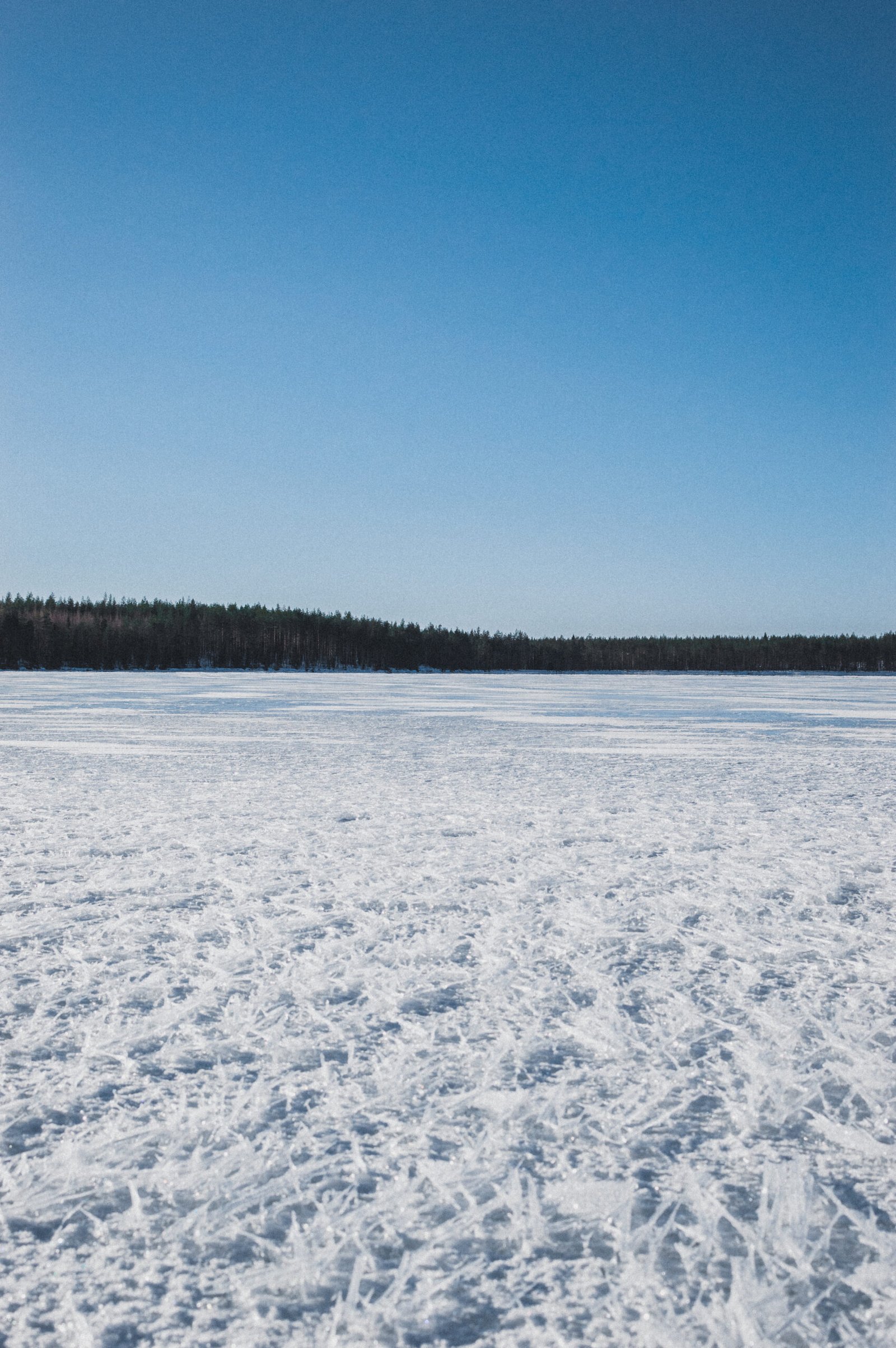
Tanana, Alaska
So you’ve heard of Alaska, but have you ever heard of Tanana? Nestled in the interior of the state, this small town might not be well-known, but it certainly has its own unique charm. With a population of just over 200 people, Tanana offers a quiet and close-knit community, surrounded by breathtaking natural beauty. From picturesque rivers to snow-capped mountains, Tanana provides an escape from the hustle and bustle of city life. Whether you’re fascinated by remote small towns or simply looking to explore the untamed wilderness, Tanana, Alaska has it all.

Location
Geography
Tanana is a city located in the interior of Alaska. It is situated in the central part of the state, along the Tanana River. The city is surrounded by picturesque landscapes, with the Alaska Range to the south and the Yukon River to the north. Tanana is part of the larger Yukon-Koyukuk Census Area, which spans over 145,000 square miles of diverse terrain, including mountains, forests, and tundra.
Climate
The climate in Tanana is classified as subarctic, characterized by long, cold winters and short, mild summers. Temperatures can drop to well below freezing during the winter months, with average lows reaching -20°F (-29°C) and sometimes even colder. In contrast, summers are relatively short but can be pleasant, with average highs ranging from 65°F (18°C) to 75°F (24°C). The region experiences a moderate amount of rainfall, with occasional snowfall during the winter.
History
Native Settlements
Before the arrival of Europeans, Tanana was home to the indigenous Athabascan people. They thrived in the region, living off the land and utilizing the abundant natural resources. The area provided ample opportunities for hunting, fishing, and gathering, which sustained the Native Alaskans and allowed them to establish vibrant settlements along the rivers.
Russian Exploration
In the mid-1800s, Russian explorers and fur traders began venturing into the interior of Alaska. They established trading posts and missions in the area, initially seeking furs and later expanding their presence. The settlement of Tanana began to grow as a result of this Russian exploration and the subsequent trade with the Native Alaskans.
Gold Rush Era
Tanana’s history took a significant turn during the Klondike Gold Rush of the late 19th century. The discovery of gold in the neighboring Klondike region brought a surge of prospectors and fortune seekers to Alaska. Tanana became an important supply point and trading hub for those on their way to the goldfields. The population of the city swelled during this time, as gold rush fever gripped the nation.
Recent Developments
In recent years, Tanana has experienced some changes and challenges. While the gold rush era has long passed, the city remains a vibrant community with a strong connection to its Native Alaskan roots. The local government and community members have been working together to preserve the rich history of Tanana while adapting to the modern world and its economic demands.
Demographics
Population
As of the latest census, the population of Tanana was approximately 250 residents. The city’s population has remained relatively stable, with minor fluctuations over the years. Despite its small size, Tanana’s tight-knit community fosters a sense of unity and resilience among its residents.
Ethnicity
The majority of Tanana’s population identifies as Native Alaskan, with many being of Athabascan heritage. This strong Native presence in the community contributes to the rich cultural tapestry of the city. However, there is also a small non-indigenous population, including individuals of various ethnic backgrounds.
Language
The official language of Tanana is English, with most residents being fluent in it. However, the Native Alaskan population also retains their traditional Athabascan languages, preserving their cultural heritage. Efforts have been made to teach and promote the use of these languages, ensuring their survival for future generations.
Economy
Traditional Subsistence Activities
Traditional subsistence activities play a significant role in the economy of Tanana. Hunting, fishing, and gathering are not only a way of life but also contribute to the local food security. Residents rely on these activities to sustain themselves throughout the year, supplementing their diet with moose, salmon, berries, and other local resources.
Commercial Activities
In addition to traditional subsistence activities, Tanana’s economy has diversified over the years. The city now supports a range of commercial activities, such as small-scale agriculture, tourism, and crafts. Some residents operate lodges and offer guided tours, allowing visitors to experience the unique culture and natural beauty of Tanana.

Culture
Native Alaskan Culture
The Native Alaskan culture is deeply rooted in Tanana’s identity. The Athabascan traditions, customs, and values are celebrated and passed down through generations. Residents take pride in their heritage, actively participating in cultural events, and preserving their traditions. These include storytelling, dance, music, and the creation of intricate beadwork and traditional crafts.
Celebrations and Festivals
Tanana is known for its vibrant celebrations and festivals, which provide a glimpse into the community’s cultural richness. The annual Athabascan Fiddle Festival attracts musicians and dancers from across Alaska, showcasing their talents in a lively competition. Other events, such as the Midwinter Gathering, highlight traditional activities like dog sledding and ice fishing, allowing both residents and visitors to experience the essence of Tanana.
Education
Schools
Tanana is served by a local school district that provides education to its residents. The city has an elementary and middle school, ensuring that children receive a quality education close to home. The schools prioritize cultural education, incorporating Native Alaskan traditions and language into the curriculum to maintain a strong connection to the community’s heritage.
Post-Secondary Education
For post-secondary education, residents of Tanana have the option to pursue higher studies through distance learning programs or by relocating to other cities. While there are no universities or colleges within the immediate vicinity, the city encourages its youth to pursue further education and supports them in their academic endeavors.

Infrastructure
Transportation
Being a remote city in Alaska, transportation in Tanana is primarily reliant on air and water travel. Tanana Airport serves as a crucial transportation hub, connecting the city to other parts of Alaska and beyond. The Tanana River is also an important transportation route, used for cargo shipments and recreational activities such as boating and fishing.
Utilities
Tanana has a reliable electric grid that powers the city’s infrastructure. The majority of residents have access to clean water and sewage services, provided by the local municipality. Internet and telecommunications services have also been established, allowing residents to stay connected with the rest of the world.
Attractions
Historical Sites
Tanana is rich in history, and there are several historical sites that offer insights into the city’s past. The Tanana Mission Church, established by Russian missionaries in the 1800s, stands as a testament to the early European presence. The Tanana Chiefs Conference Cultural Center showcases artifacts and exhibits that detail the region’s Native Alaskan heritage.
Outdoor Activities
The natural beauty surrounding Tanana provides ample opportunities for outdoor activities. Hunting, fishing, and trapping are popular among residents and visitors alike. The Tanana River offers excellent fishing spots for salmon, trout, and grayling. In the winter months, dog sledding and snowmobiling adventures attract those seeking thrilling winter experiences.
Notable Residents
List of Notable People
Tanana has been home to several notable individuals throughout its history. Some of these include:
- Sidney Huntington: A respected elder, author, and leader in the Native Alaskan community.
- Jonny Fairplay: A reality television personality, known for his appearances on Survivor.
- Thomas Berger: A Pulitzer Prize-nominated author, whose novels often explored themes of Alaska and Native Alaskan culture.
Future Outlook
Challenges
Despite its rich history and close-knit community, Tanana faces some unique challenges. The remote location and limited economic opportunities pose obstacles to sustainable development. Maintaining cultural traditions and language preservation requires ongoing efforts, especially as modern influences become more prevalent.
Opportunities
Tanana’s future holds opportunities for economic growth through sustainable tourism, cultural preservation, and the development of niche industries. The city’s unique history and natural beauty make it an attractive destination for travelers looking to experience authentic Native Alaskan culture. By leveraging these assets and fostering partnerships, Tanana has the potential to thrive while preserving its distinctive heritage.
In conclusion, Tanana, Alaska, nestled in the heart of the state, is a city with a rich history, diverse culture, and a close-knit community. From its origins as a Native Alaskan settlement to its role during the gold rush era, Tanana has weathered the test of time. Today, the city embraces its heritage while adapting to the challenges of the modern world. With its stunning landscapes, vibrant celebrations, and a commitment to preserving its culture, Tanana is a true gem of the Alaskan interior.
